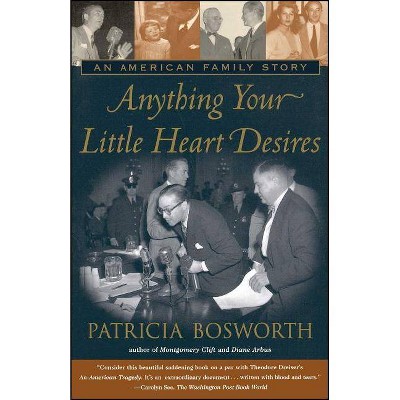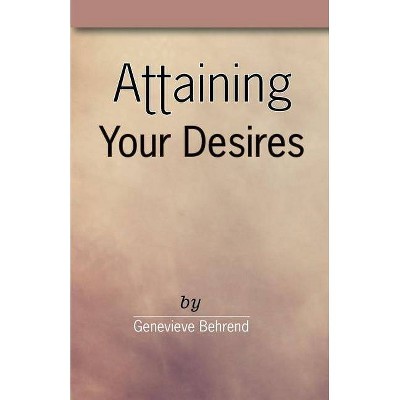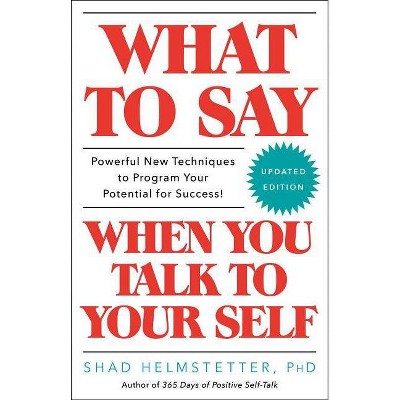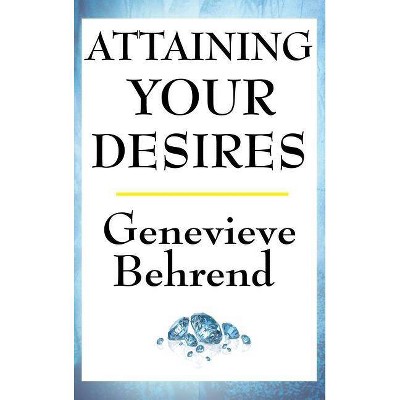Say What Your Longing Heart Desires - by Niloofar Haeri (Paperback)
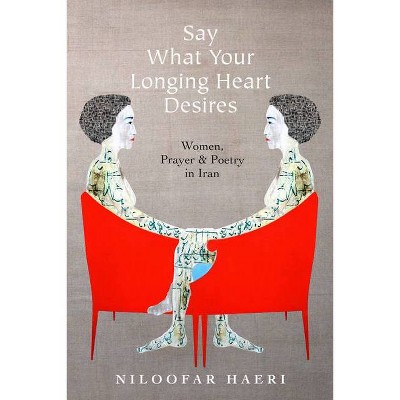
Similar Products
Products of same category from the store
AllProduct info
<p/><br></br><p><b> About the Book </b></p></br></br>"Following the 1979 revolution, the Iranian government set out to Islamize society. Muslim piety had to be visible, in personal appearance and in action. Iranians were told to pray, fast, and attend mosques to be true Muslims. The revolution turned questions of what it means to be a true Muslim into a matter of public debate, taken up widely outside the exclusive realm of male clerics and intellectuals. "Say What Your Longing Heart Desires" offers an elegant ethnography of these debates among a group of educated, middle-class women whose voices are often muted in studies of Islam. Niloofar Haeri follows them in their daily lives as they engage with the classical poetry of Rumi, Hafiz and Saadi, illuminating a long-standing mutual inspiration between prayer and poetry. She recounts how different forms of prayer may transform into dialogues with God, and, in turn, the ways in which believers draw on prayer and ritual acts as the emotional and intellectual material with which they think, deliberate, and debate"--<p/><br></br><p><b> Book Synopsis </b></p></br></br><p>Following the 1979 revolution, the Iranian government set out to Islamize society. Muslim piety had to be visible, in personal appearance and in action. Iranians were told to pray, fast, and attend mosques to be true Muslims. The revolution turned questions of what it means to be a true Muslim into a matter of public debate, taken up widely outside the exclusive realm of male clerics and intellectuals. </p> <p><i>Say What Your Longing Heart Desires</i> offers an elegant ethnography of these debates among a group of educated, middle-class women whose voices are often muted in studies of Islam. Niloofar Haeri follows them in their daily lives as they engage with the classical poetry of Rumi, Hafez, and Saadi, illuminating a long-standing mutual inspiration between prayer and poetry. She recounts how different forms of prayer may transform into dialogues with God, and, in turn, Haeri illuminates the ways in which believers draw on prayer and ritual acts as the emotional and intellectual material through which they think, deliberate, and debate.</p><p/><br></br><p><b> Review Quotes </b></p></br></br><br>Niloofar Haeri's deeply researched and elegantly written book brings readers into the most intimate and exigent spaces of a religious world. Haeri examines the everyday prayer practices of Iranian women as the basis for reflecting on the relationship between prayer and poetry and on how ideas about religiosity debated in classical Persian poetry inform the world of prayer. Haeri's ethnographic study of Muslim women at prayer, a practice that is at once deeply personal and utterly social, underscores the diversity of Muslim religious practices and challenges conceptions of what constitutes 'authentic' religion, complicating the distinction between ritual and non-ritual forms of worship. This beautiful book is a signal contribution to the study of women and Islam, with implications for the study of religion itself.-- "Jury for the American Academy of Religion Award for Excellence in the Study of Religion: Constructive-Reflective Studies"<br><br><i>Say What Your Longing Heart Desires</i> establishes itself immediately as an essential work in the anthropology of prayer and a major contribution to the study of religious practice and experience. A subtle and compelling work.--Robert A. Orsi "Northwestern University, author of <i>Between Heaven and Earth: The Religious Worlds People Make and the Scholars Who Study Them</i>"<br><br><i>Say What Your Longing Heart Desires</i> is a work that deserves to be widely read by all who are interested in understanding the different approaches to 'authentic' religion that exist in the Muslim world. A rich and detailed account, and a valuable contribution to our knowledge of religious practice.--Talal Asad "author of <i>Genealogies of Religion: Discipline and Reasons of Power in Christianity and Islam</i>"<br><br><i>Say What Your Longing Heart Desires</i> will change common perceptions about women's experiences in Iran. Niloofar Haeri examines competing claims of Muslimhood and offers novel readings of theological conversations on spirituality and religious conviction in the Islamic Republic. An empirically rich and theoretically nuanced book.--Behrooz Ghamari-Tabrizi "Princeton University, author of <i>Foucault in Iran: Islamic Revolution after the Enlightenment</i>"<br><br>This is one of the best books on prayer in all of anthropology. Niloofar Haeri shows that prayer is not an empty ritual, but that it becomes a relationship that changes people--and allows the secular reader to understand how poetry enables women to feel spiritual presence. A beautifully written work.--Tanya Luhrmann "Stanford University, author of <i>When God Talks Back: Understanding the American Evangelical Relationship with God</i>"<br><p/><br></br><p><b> About the Author </b></p></br></br><b>Niloofar Haeri</b> is Professor of Anthropology and the Program Chair for Islamic Studies at Johns Hopkins University. She is a Guggenheim Fellow and the author of <i>Sacred Language, Ordinary People</i> (2003), among other works.
Price History
Price Archive shows prices from various stores, lets you see history and find the cheapest. There is no actual sale on the website. For all support, inquiry and suggestion messagescommunication@pricearchive.us
